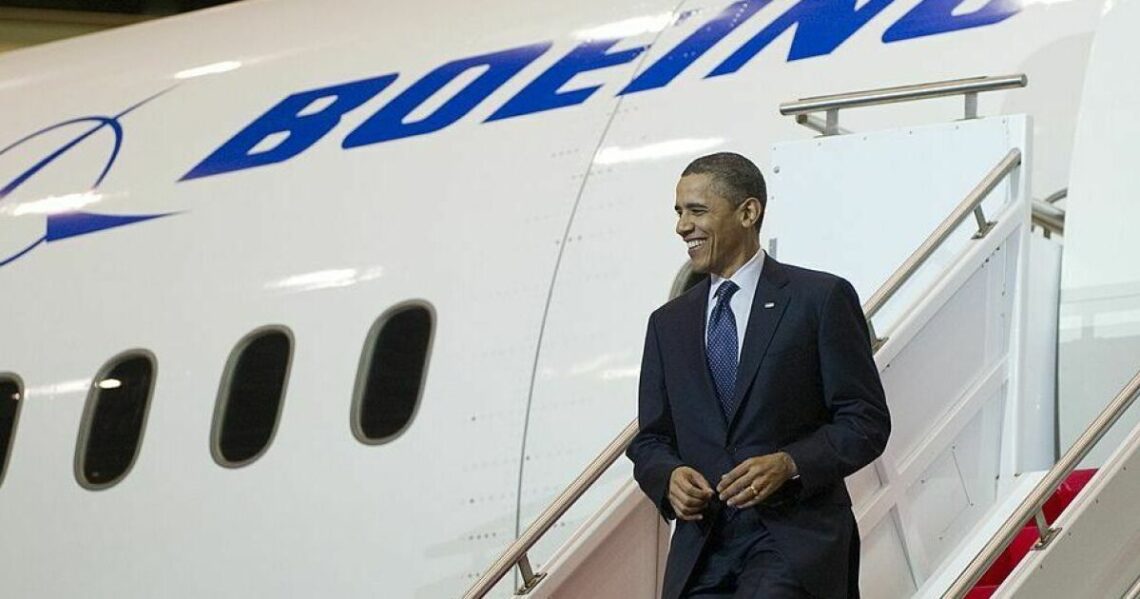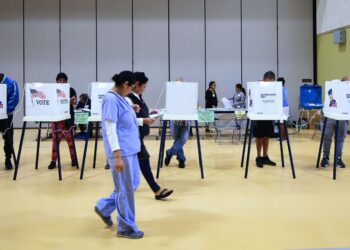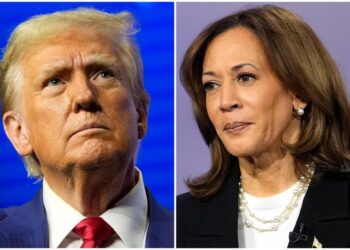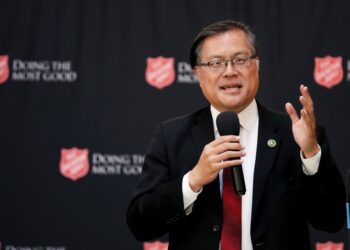When he was still the president of the United States, Barack Obama joked about having another job on the side: salesman in chief.
“I’m expecting a gold watch from Boeing at the end of my presidency, because I know that I’m on the list of top salesmen at Boeing,” Obama deadpanned in 2013.
Boeing is no ordinary company. It’s a pillar of the U.S. economy, both as a military contractor and in civil aviation. It claims to be the country’s largest exporter.
But the longstanding special relationship between the U.S. government and Boeing has come under growing scrutiny, particularly after two crashes involving Boeing’s 737 Max 8 plane, in 2018 and 2019. Those tragedies prompted significant changes, with a new CEO at Boeing and revamped oversight rules at the Federal Aviation Administration.
Now the latest safety incident involving a Boeing jet, the 737 Max 9, is raising difficult questions about whether that response went far enough.
Investigators are still trying to determine why a panel blew off an Alaska Airlines jet in midair earlier this month. Federal regulators have grounded 171 Max 9 planes with similar configurations, while launching a review of Boeing’s manufacturing and production lines.
The head of the FAA says it’s time to reexamine the longtime practice of delegating some of the agency’s oversight responsibilities to Boeing employees, raising the possibility of moving some of those duties to a third party.
That would be a remarkable shift in how the federal government regulates a company that is an icon of American industry and innovation.
The U.S. helps Boeing sell planes overseas
Boeing’s importance to the economy…
Read the full article here







